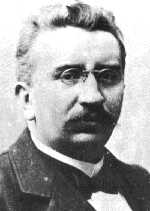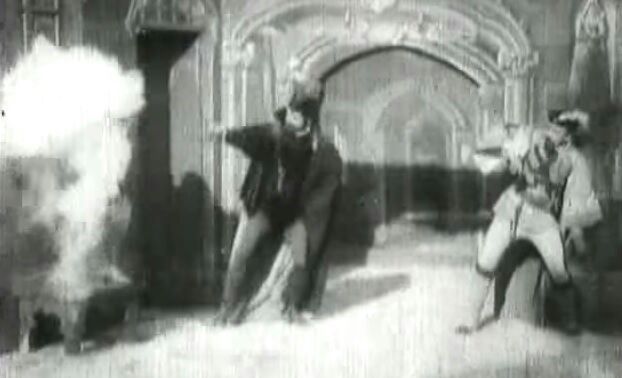
in my nightmares I've written something like Ready Player Two.
RPT is...it's like a transcript of my worst self holding forth. It's Kurtz's vision of the horror, the horror. It's cosmic horror. It's Krapp's last tape, if Krapp were written (ironically, of course) by Evan Dorkin as a less aware member of the Eltingville Club. It's leprosy.
I charge Ernest Cline with sedition against the Muses.
It's not even that RPT took a couple of hours from my life that I'm not getting back. It's that RPT replaced those hours with something which taints everything associated with them--I thought about my wife when I read RPT, and now I associate RPT with my wife. I need EST.
I didn't so much hate RPT as decide it was the Anti-Life Equation. Grant Morrison's Unmaker, the Decreator. Gamchicoth. The effect of the Doug Adams' Total Perspective Vortex, but focused on every reader.
I blame Trump.
I blame Trump.
• • •
Missing some Tweet in this thread? You can try to
force a refresh













